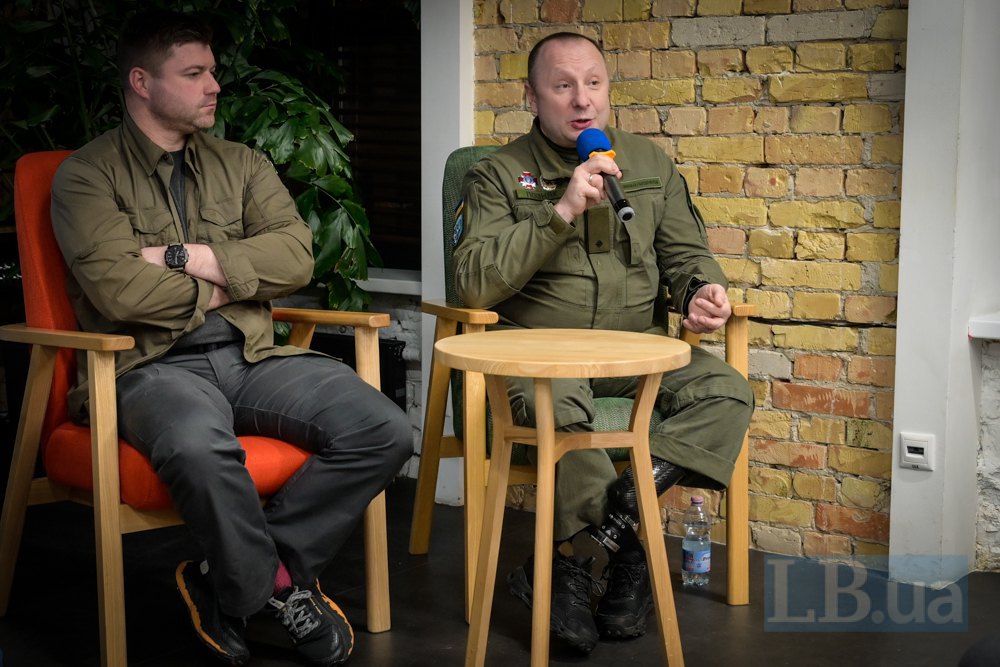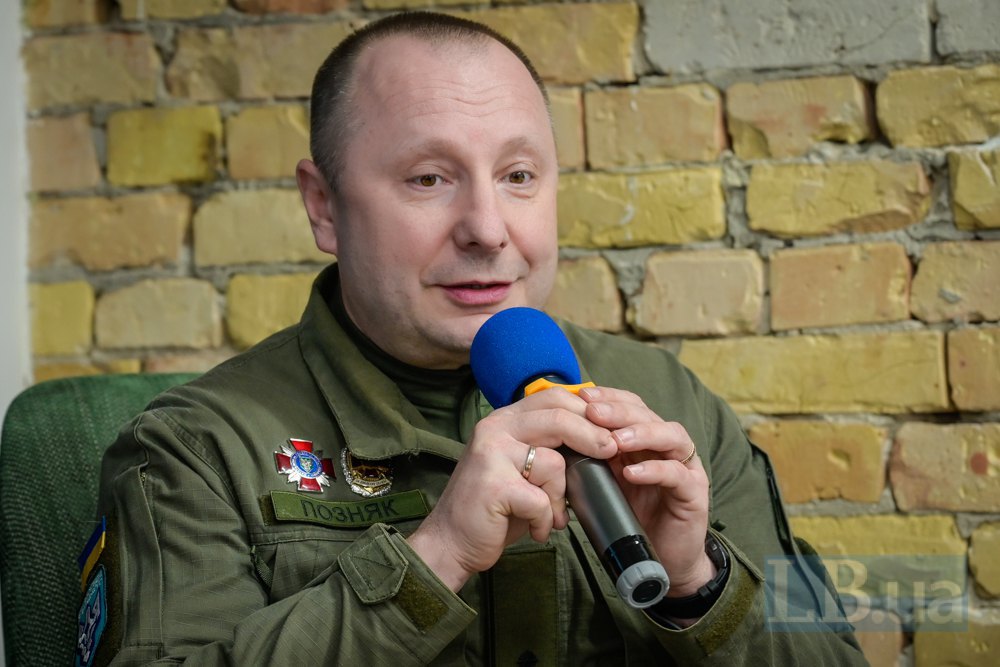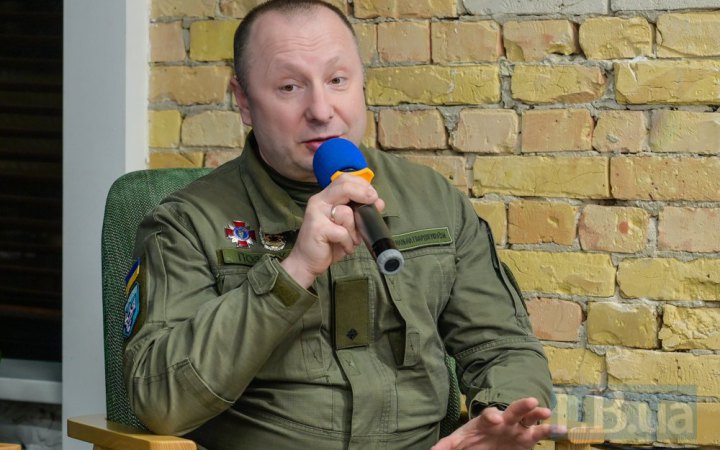"How effectively the veterans' issue is dealt with will determine how the mobilisation will go," says the head of the Association of Veteran Entrepreneurs. "People returning from war and those who are fighting are looking at how veterans are being treated, what their future is, what their prospects and support are. That's why we all hope that the ministry (the Ministry of Veterans Affairs - Ed.) will not work the way it used to. It will work much better. Because we are dealing with the issue of maintaining our sovereignty. If the veterans' issue is not resolved, we will lose our sovereignty. We will not be able to win the war."
Poznyak read out the Accounting Chamber's conclusions on the activities of the Ministry of Veterans Affairs: "Participants in the antiterrorist operation and persons who carried out measures to ensure national security and defence to repel and deter the armed aggression of the Russian Federation are deprived of timely and reliable information about the content of services and the procedure for obtaining them. And this is a key problem when citizens who need and are entitled by law to receive such services are not even informed about them." He noted that since the dismissal of Yuliya Laputina and the appointment of Oleksandr Porkhun as acting minister, communication with veterans has finally begun. But it is necessary to talk to society as well, he says, to tell people "that a veteran is not a mournful figure, but a heroic one; that they should not be afraid of them".
"I raise funds for veteran-owned businesses, we have various financial instruments, bonds, and I negotiate with businessmen. Most of them listen carefully and say politely: 'Serhiy, we are not interested in those who have already returned, who do not defend us, who have thrown their legs and arms away in the field. We will donate to those who can defend our interests. Yes to these, but no to others," Poznyak said. Therefore, he says, communication about the attitude towards those who have returned is very important.
It is especially topical when a new social contract is taking shape today, he suggested.
"Our social contract is simple. A soldier who returns from war has done his job for society. He killed people, someone tried to kill him. He tripped a bomb up, was cut and sawed in hospitals. I know what it's like. Now society has to do its job for the soldier. It must return him to the place where he was.
Whether he was hired being a mechanic, entrepreneur or someone else, he has to come to that place and return. This is the main thing. Whether this will be solved by benefits is a question. Perhaps, partly yes. But the main thing is that a person should become part of society again. It is very difficult, in fact. But we have to work on it," said Poznyak, who is also an ATO/JFO veteran.
He suggested that we can see whether this social contract is being fulfilled today by looking at the number of parking spaces for people with disabilities. Or by the way veterans are treated as specialists.

"When I was at the international finance panel, I ran away from the hospital in my uniform without a prosthesis, just without a leg, on crutches. I was sitting there. And there were representatives of USAID, various executives (from the financial sector - Ed.). They are talking about finance. One of them, I won't mention his name, takes the microphone and says: 'I feel somewhat uncomfortable that we have such educated military men.' This is a stereotype. When I got the microphone, I said: 'Of course, you're used to the idea that the military should be stupid, in a dirty pixel, begging for a land plot.'"
I also had a conversation with a lawmaker. I asked him why there was not a single combatant in the working group developing a draft law on veterans. The answer was that laws should be written by lawyers, not veterans," said the founder of FinStream and Cronvest.
Nevertheless, he added, there have been some shifts in the role of the veteran business community in setting the state's agenda. The work on this, said Poznyak, was very difficult. But we signed a declaration on deepening cooperation between the state and entrepreneurs to improve the business climate in Ukraine (26 February - Ed.), which, in particular, makes it impossible for law enforcement agencies to exert undue pressure on business.
"The government and the president were active in engaging the veteran business community, and I am very grateful for that. This shows that the situation is gradually changing. It is really changing. This declaration can become the basis for the creation of this social contract. A social contract is not a piece of paper, but a relationship that is created in an organic, natural way in society between certain groups, certain layers of society. And joint discussions, such as this discussion, are things that contribute to the creation of these relationships and a natural social contract. As Yura (Hudymenko - Ed.) says, the portrait of a veteran entrepreneur has changed a lot. Famous businesses, big businesses are at war. We know the numbers. The Ukrainian Veterans Fund conducted a study and refreshed it again.
Some 13% of active military personnel are entrepreneurs. We will have 300,000 veteran entrepreneurs. If they create at least one job each - remember, we had a dream of 500,000 jobs - we will achieve it in no time. Therefore, the role of veteran enterprises in the economy is undeniable. It is clear, it is obvious. And it would be a sin not to use human capital such as veterans - productive, strong, proactive," said Poznyak.

Also, he believes that entrepreneurship is the way for veterains to reintegrate into society. "Business is a sublimation of war, a very powerful tool. There is no other tool like it to reintegrate veterans into society," he concluded.









